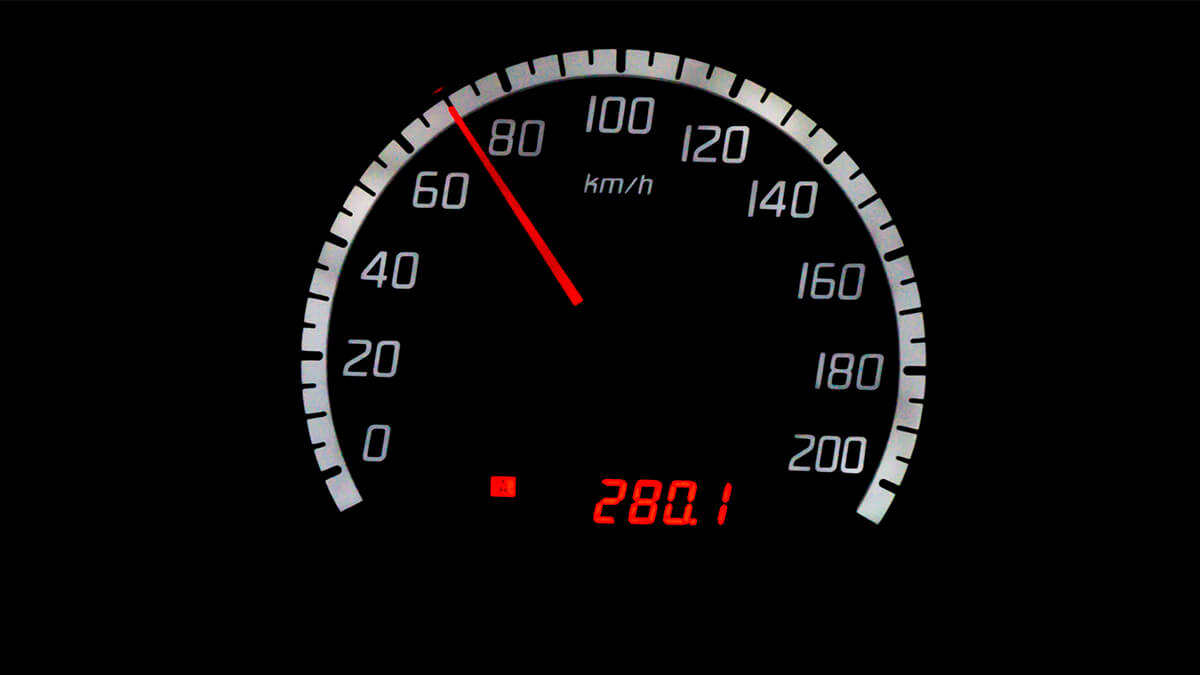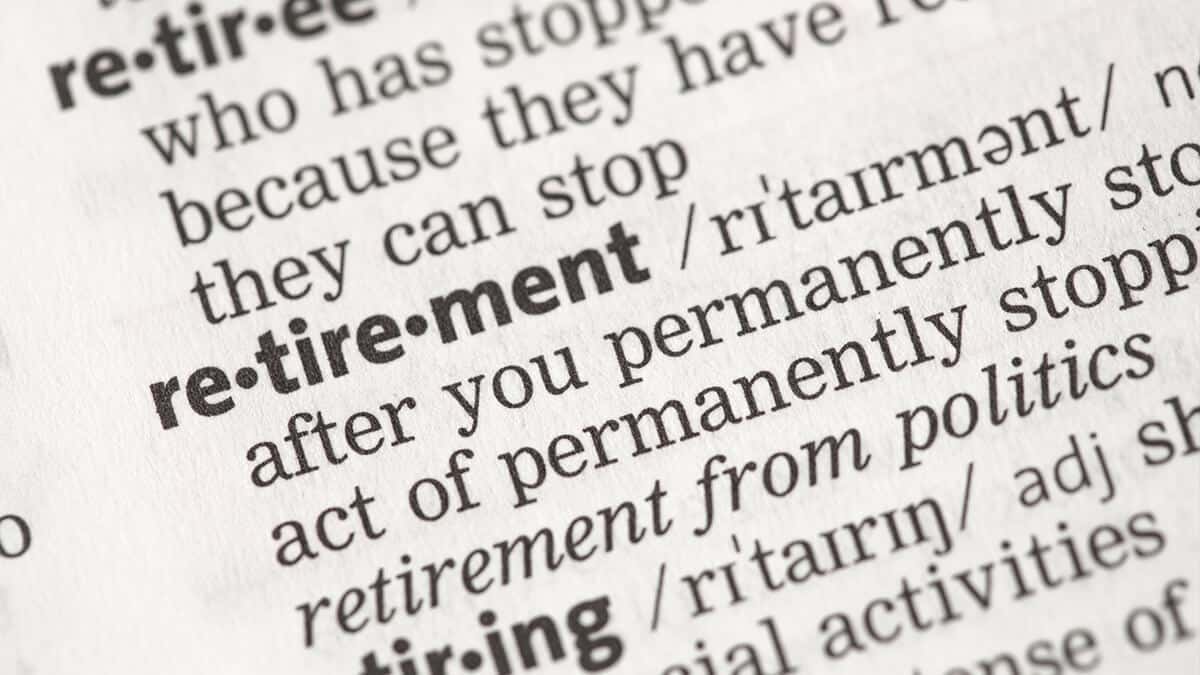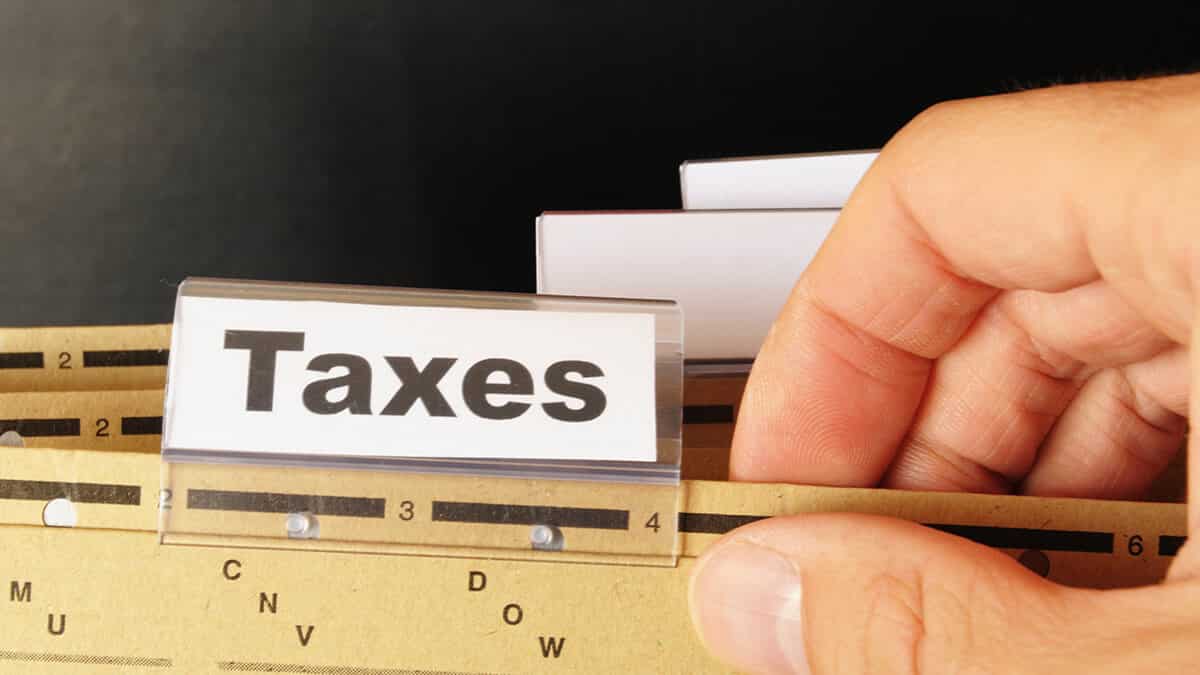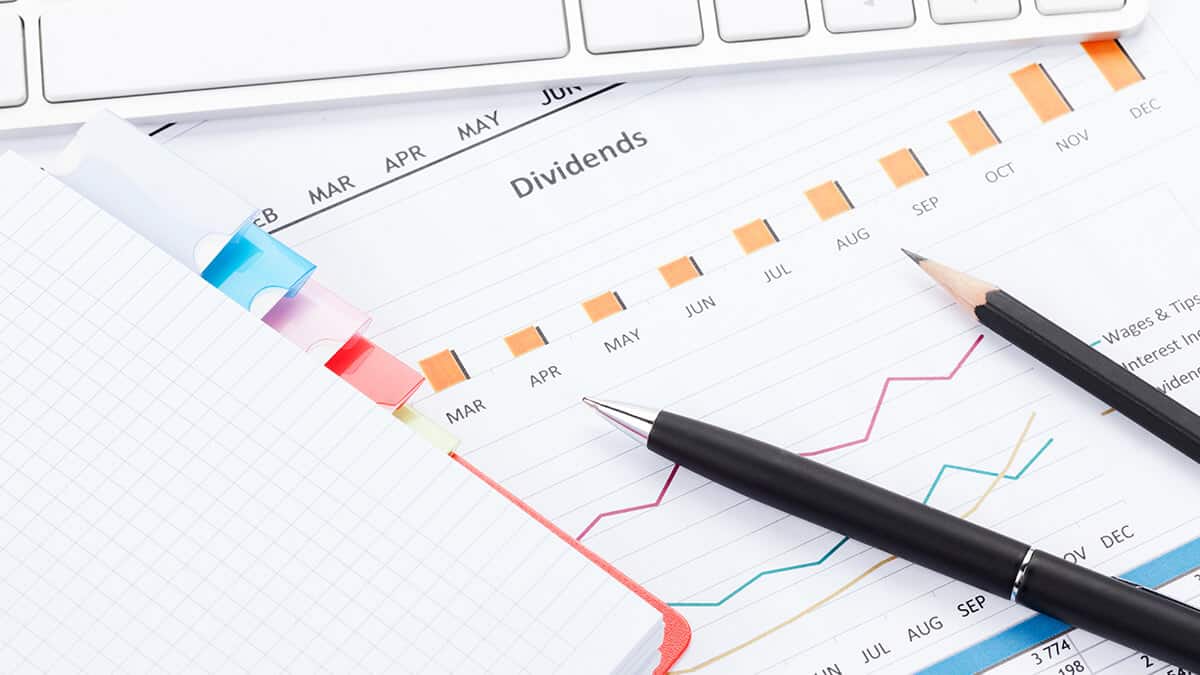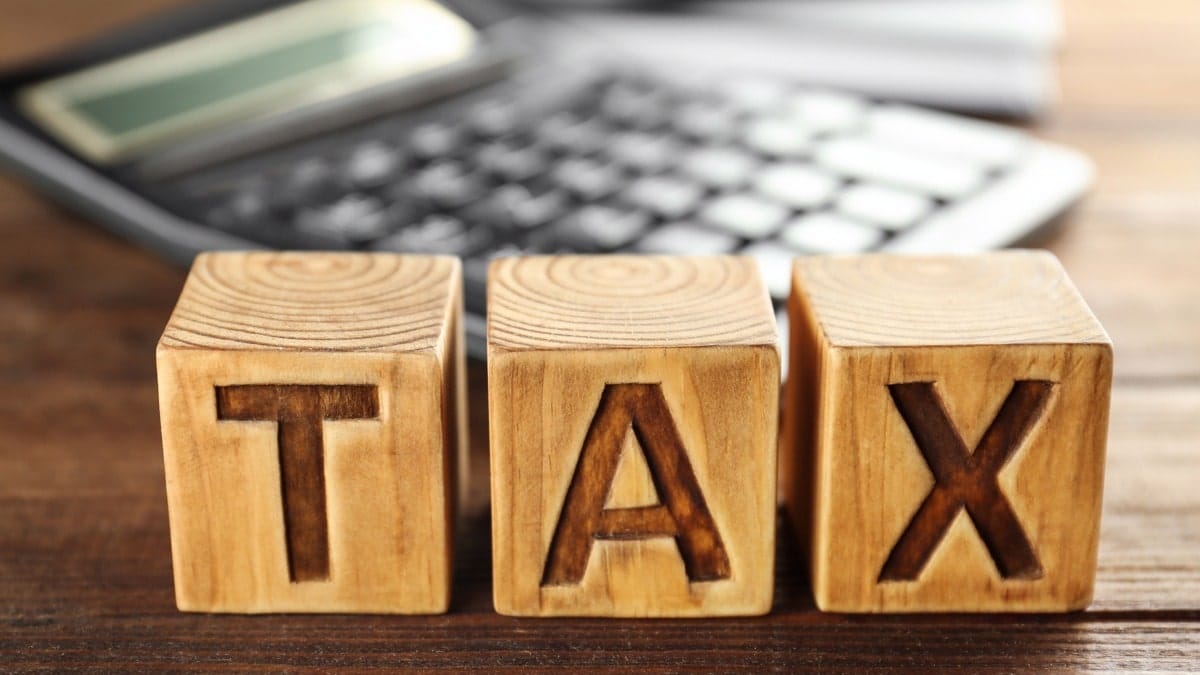In this guide
When it comes to super, reaching age 60 triggers an important change. It means you can withdraw your super benefits more easily and, for most people, they are tax free.
This represents a big change from your tax position if you withdraw your benefits before age 60, when some tax is usually payable on part of your super benefit.
Learn about tax and accessing super before age 60 and the different rules that apply to temporary residents who access their super after leaving Australia.
To help you understand a complex and confusing area of super, SuperGuide has put together an overview of the rules for withdrawing your benefits on or after your 60th birthday.
Getting your super benefit: Meet a condition of release
There are strict rules governing your ability to access your super savings, as the super system is designed to provide you with income in your retirement.
Once you reach age 60 it’s more straightforward, but you still need to meet a condition of release. At this age, common conditions of release include retirement or starting a transition-to-retirement pension.
Need to know
You can access your super when you reach age 65 even if you have not retired, as reaching this age is considered a condition of release. This allows you to access your benefit, which can be paid as either a super pension or a lump sum.
Learn more about all conditions of release.
Super tip
If you are currently receiving any payments from Centrelink, it’s a good idea to check before you access your super benefit as it may affect your entitlements.
To find out more, contact Centrelink on the 13 23 00 Older Australians line, or go through the Services Australia website.
When you meet a condition of release and apply to access your super, you can usually choose to withdraw a lump sum, an income stream or a combination of both. If you’re using the transition-to-retirement condition of release, the only option is an income stream. You may also leave money in your original super account after retirement if you wish.
1. Withdrawing a lump sum
This is a single payment that withdraws some or all of your super. Taking a lump sum means the money is no longer within the super system so, if you invest it, any return on your investment will not be taxed as super savings.
This means the concessional tax rate of 15% on your investment earnings will no longer apply. Instead, your investment earnings outside super are taxed at your marginal tax rate, which can be as high as 45% (plus the Medicare levy).
2. Starting an income stream (super pension or annuity)
If you decide to take an income stream, you receive a series of regular payments from your super fund. These must be paid at least annually and must meet minimum annual payment rules. Investment earnings in super income streams are tax free, except in a transition-to-retirement pension where earnings are taxed at 15% until you retire or reach age 65.
Read more about your super options on retirement.
Need to know
When choosing whether to take a lump sum or income stream from your super account, consider getting professional advice from an independent financial adviser or tax professional.
Tax and super can be complicated, so withdrawing all your savings as a lump sum may not necessarily be the best strategy for you, as there can be tax advantages with establishing a retirement income stream.
Payments from taxed funds
Most people are members of taxed super funds. These funds pay tax on contributions and investment earnings. You don’t pay tax on withdrawals from these funds after you turn 60, except in the situations explained below:
